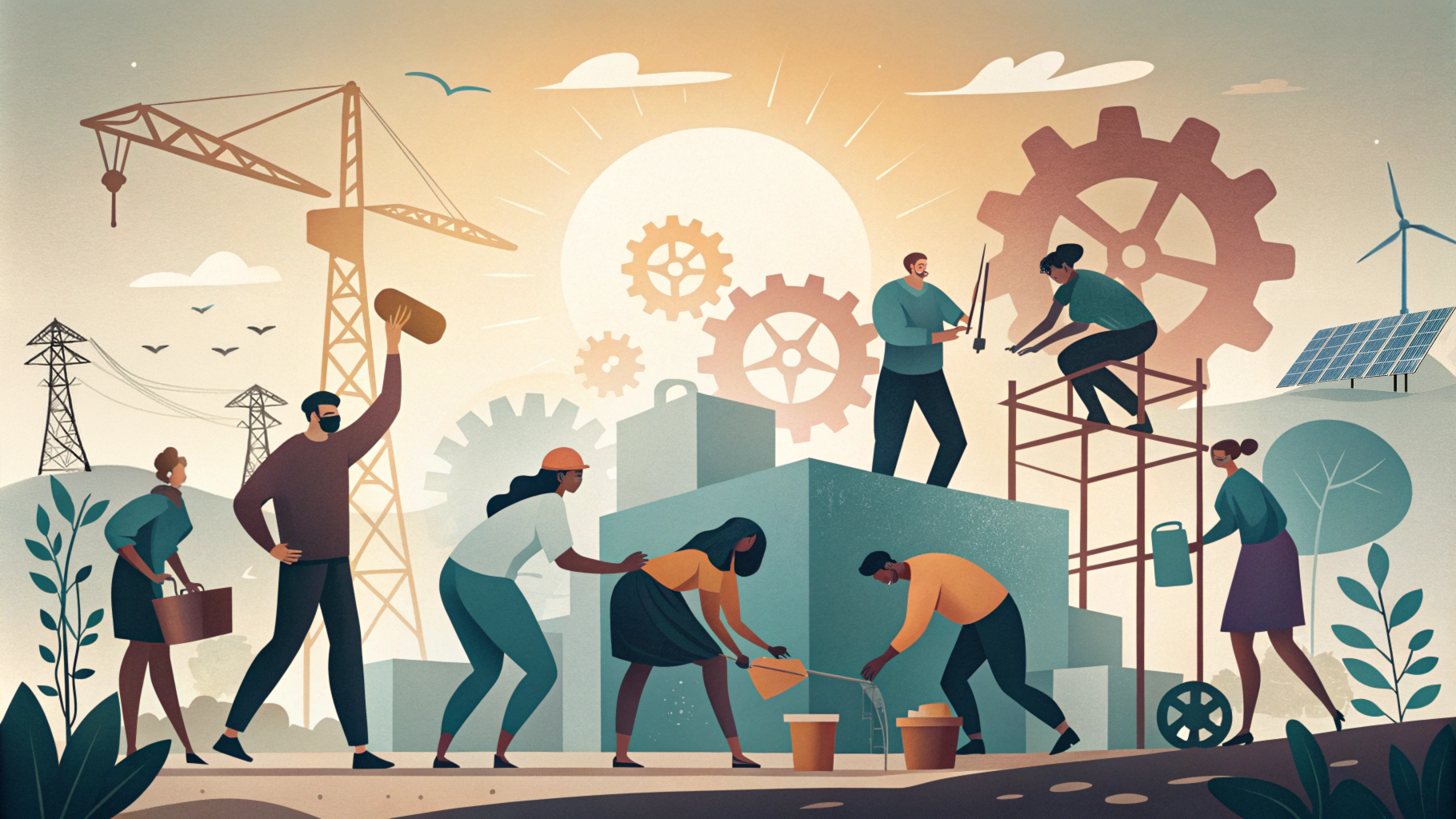-
52 business parks with over 6,500 companies affected by the DANA
-
The affected industries will need years for their reconstruction, warns the president of the Federation of Business Parks of the Valencian Community (FEPEVAL), Diego Romá
-
“Valencian industry is not just infrastructure, but the sum of people who, with their work and dedication, enable our economy to move forward, demonstrating the resilience that defines them,” María Santos, head of the circular economy area of Foro Industria y Energía
-
Proper energy management will be a key element in contributing to the sustainable recovery of Valencian industry
The DANA (isolated depression at high levels, or cut-off low) that shook the province of Valencia on October 29th has caused a devastating impact on the region’s business fabric. The 4,119 companies in the secondary sector, focused on industry, affected by the DANA, now face a reconstruction that must prioritize people and foster a transition towards a more resilient and sustainable industrial model.
While Valencian society continues to process the terrible human tragedy left by this hydrometeorological phenomenon, Valencian industry, mostly made up of small and medium-sized businesses, is starting to assess the extent of the damage and identify the needs for recovery.
“It won’t be an easy road ahead for the affected industries, which will need years for reconstruction,” says Diego Romá, president of the Federation of Business Parks of the Valencian Community (FEPEVAL).
“At the moment, we don’t have objective data, but we already know that around 52 business parks have been devastated, with over 6,500 companies affected. These companies face serious problems with access, workforce, as their workers, to this day, do not even have transportation means to reach their workplaces, and basic infrastructure, such as water, telecommunications, and electricity, is gradually being restored.”
Among the affected business fabric, the greatest damage has occurred in the Riba-Roja area, where the logistics sector is predominant, and in Horta Sud. Small and medium industries have suffered the most significant damage, explains Romá.
Regarding reconstruction, Romá emphasizes the need for authorities to establish aid mechanisms to prevent the closure of the affected business parks and allow the reopening of these companies, which not only generate employment and wealth but also represent the human effort that defines the resilience of Valencian industry.
Placing People at the Heart of Recovery: Building a Resilient and Human Industry
At Foro Industria y Energía, we advocate for a reconstruction centered on people, highlighting the human commitment that has always sustained Valencian industry. “Valencian industry is not just infrastructure, but the sum of people who, with their work and commitment, allow our economy to move forward, demonstrating the resilience that defines them. The key to overcoming this challenge lies in working from the territory, driving talent and collective effort,” says María Santos, head of the Circular Economy area of the Forum.
This reconstruction must focus on ensuring that Valencian industry can regain its dynamism and adapt to new challenges.
The focus should be on a recovery process that not only repairs infrastructure but also strengthens the resilience of people and the industrial fabric, key to guaranteeing the region’s economic stability and future. We must commit to a sustainable recovery of industry in all its senses: social, economic, and environmental, with proper energy management at the center

